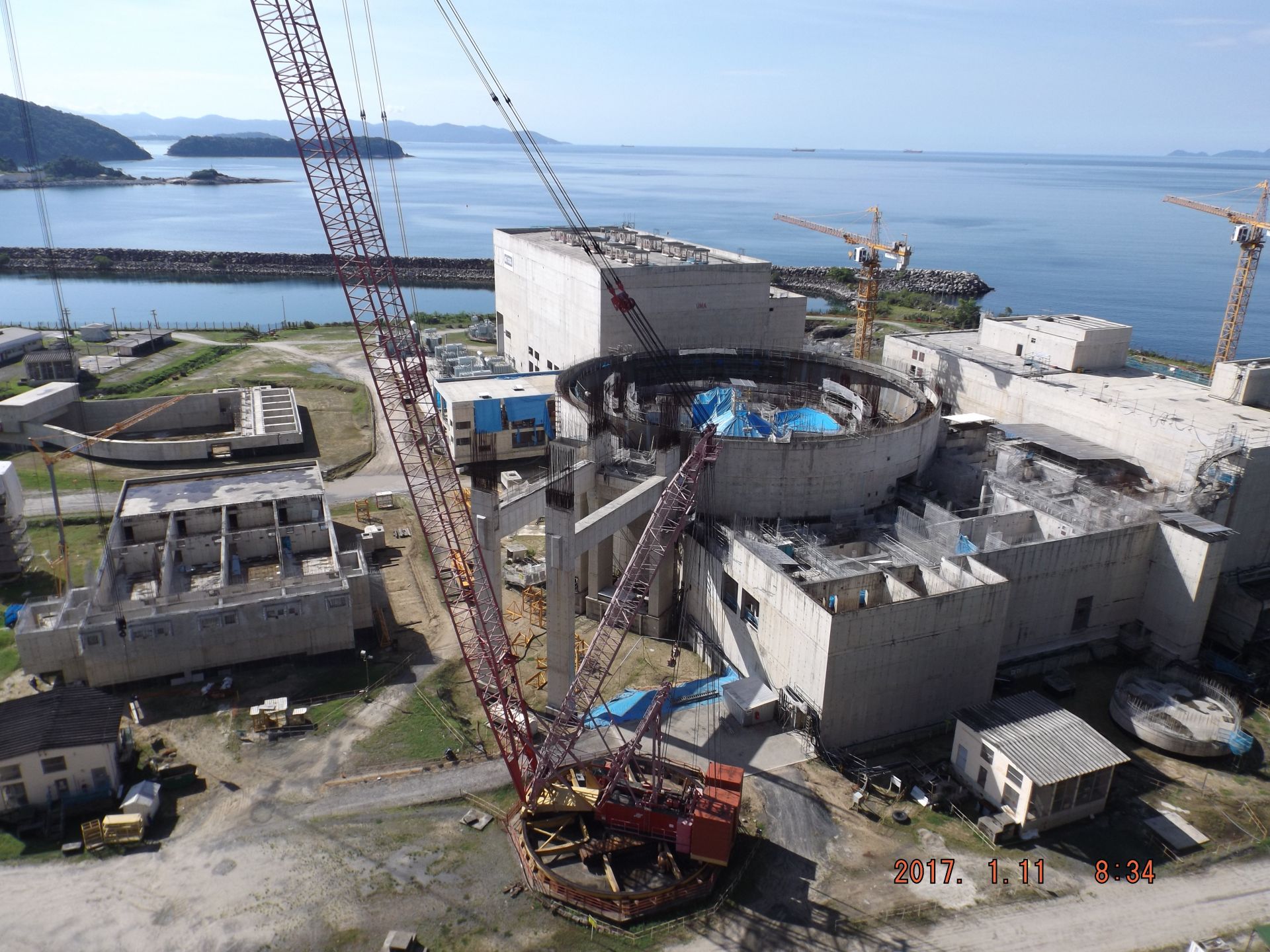Fission gas monitoring tool developed for molten salt reactors

Amanda Lines, a PNNL chemist, develops real-time monitoring tools to pave the way for faster advanced reactor testing and design. (Photo: Andrea Starr/Pacific Northwest National Laboratory)
Advanced reactor development and testing could benefit from a Pacific Northwest National Laboratory innovation that combines remote, real-time monitoring of gaseous fission by-products with a software package designed with plant operators in mind, according to an article published online earlier this month.
The basics: “Real-time monitoring is a valuable tool, particularly in the development of next-generation reactors,” said Amanda Lines, a PNNL chemist. “This can help designers more efficiently and effectively design and test flow loops, mechanisms, or processes. Also, when they ultimately deploy their reactor systems, this gives operators a tool to better understand and control those processes.”


 COVID-19 has touched our lives in many ways, affecting work, school, and homelife. The Diversity and Inclusion in ANS Committee is holding a free webinar, "Coping with COVID: The Pandemic and the Nuclear Community," on Tuesday, March 23, from 1:00 p.m. to 2:30 p.m. (EDT).
COVID-19 has touched our lives in many ways, affecting work, school, and homelife. The Diversity and Inclusion in ANS Committee is holding a free webinar, "Coping with COVID: The Pandemic and the Nuclear Community," on Tuesday, March 23, from 1:00 p.m. to 2:30 p.m. (EDT).
 A new technical report from Montreal-based SNC-Lavalin finds Canada’s stated goal of net-zero carbon emissions by 2050 to be achievable but stresses the importance of immediate action and investment in all forms of low-carbon energy production, including nuclear, hydro, renewables, carbon capture and storage, and hydrogen.
A new technical report from Montreal-based SNC-Lavalin finds Canada’s stated goal of net-zero carbon emissions by 2050 to be achievable but stresses the importance of immediate action and investment in all forms of low-carbon energy production, including nuclear, hydro, renewables, carbon capture and storage, and hydrogen.


 Nuclear power is an important component in the fight against climate change, but independent regulation is needed to gain the public’s---and governments'---trust, according to a March 6 article in The Economist, “
Nuclear power is an important component in the fight against climate change, but independent regulation is needed to gain the public’s---and governments'---trust, according to a March 6 article in The Economist, “







 A film titled
A film titled